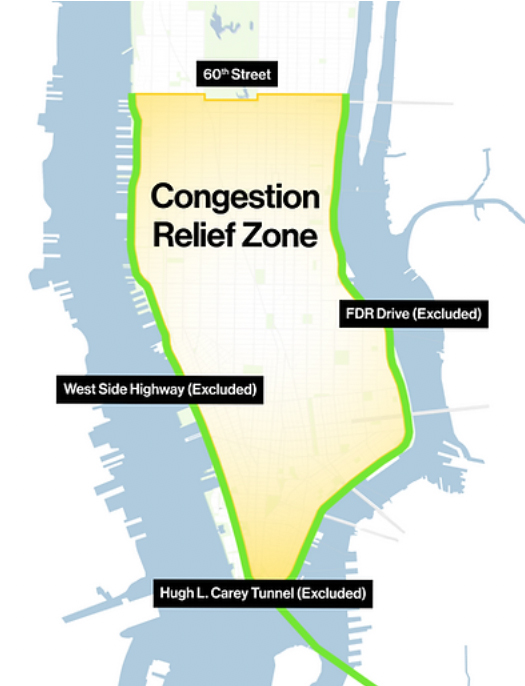
CHICAGO — The Chicago Transit Authority train operator involved in last year’s collision between a Yellow Line train and snow-removal equipment likely faces firing, the CTA says, but it has been unable to act because the individual remains off work because of injuries suffered in the incident.
The worker was found to have a blood-alcohol content of 0.048% in testing after the Nov. 16, 2023, collision that sent 23 people to hospitals — enough to cause impairment, although the National Transportation Safety Board does not consider that a factor in the accident [see “Operator in 2023 CTA Yellow Line collision had alcohol in his system,” Trains News Wire, Oct. 24, 2024].
But the Chicago Sun-Times reports that the CTA said in a statement that employees who test positive are subject to discipline “up to and including discharge” in accordance with federal regulations and the transit agency’s policy and guidelines. “The operator, in this case, is currently on inactive status due to his injuries from the crash. Employment action, if any, will occur upon his return to active status.”
The Sun-Times also reports that under the CTA’s contract with the Amalgamated Transit Union, which represents operators, a blood-alcohol level above 0.04% in a crash resulting in injuries is grounds for automatic dismissal, as is the fact the individual had been on the job for less than three years at the time when that blood-alcohol level was recorded.














I wonder how much the operator is suing the CTA for?
Rule G
Many moving parts here for the lawyers, NTSB, HR and the union to sort out. My own opinion, based on the policies in the profession that I retired from, is NOT TO FORM AN OPINION until having studied the incident report. Which presumably none of us have done.
One thing grabs me, though, in the last paragraph. The blood alcohol level is subject to labor contract negotiation? To me, in my opinion, that’s a dereliction of duty on the part of management.
@Charles, I think the article was imparting that the union contract with the CTA on blood alcohol was a negotiated item and not an arbitrary rule by the CTA.